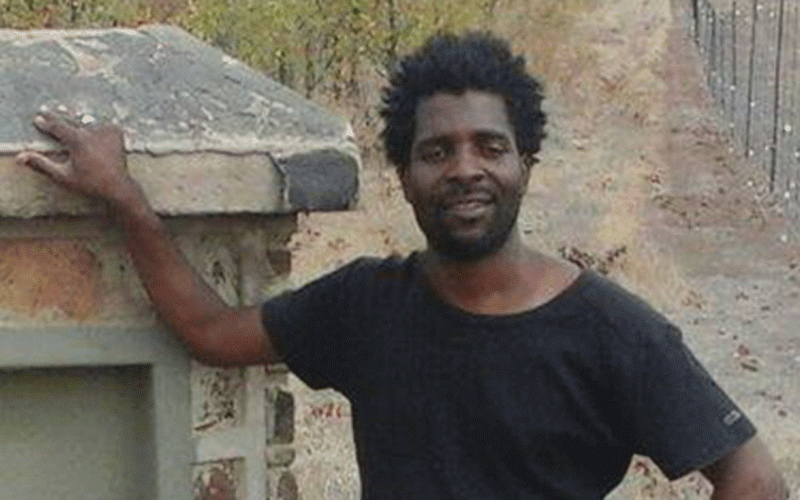
WEDNESDAY was a significant day. It was a day that separated political men from boys. Political parties were presenting their A-teams to the electorate as the election season began in earnest. But we learnt a lot — there are many pretenders.
Zanu PF was first off the blocks. It nominated candidates for every seat that will be contested from councillor to president. It proved how oiled its election machine was.
The most popular opposition by perception — Citizens Coalition for Change (CCC) — also managed to field all candidates. However, its actions were stained by double candidacy in some constituencies — 20 of them to be more precise.
The same scenario was repeated in council elections. This painted a picture of disorganisation and last-minute decisions despite that the election had been known since January 2023. It is surprising that the CCC candidate selection started on April 5, and took three months to complete.
The MDC-T led by Douglas Mwonzora failed to field candidates, except the president. How the boisterous fall! They fell asleep on the job believing they were the official opposition and now the bubble has burst.
Lovemore Madhuku filed for 10 constituencies and for the presidency. They lived up to the billing as a small party, probably time it decides to be a regional party and grow from there.
Robert Chapman, the man who started like a meteorite, fizzled out just before nomination and his party DUZ only managed to nominate six candidates.
Then there is Saviour Kasukuwere, a former Cabinet minister under the late Robert Mugabe, who is running as an independent for the office of the president. Analysts say he may harvest substantial votes from G40 remnants in Zanu PF and some undecided voters.
- Feature: Reality TV, social media reshaping marriage ceremonies
- Chamisa party defiant after ban
- ED bomb attack mystery deepens
- Village Rhapsody: How Zimbabwe can improve governance
Keep Reading
To all intents and purposes, it seems it is going to be a three-horse race for the office of president – Emmerson Mnangagwa (Zanu PF), Nelson Chamisa (CCC) and Kasukuwere (Independent).
For Parliament, it is going to be a two-horse race — Zanu PF and CCC. This is the reality of the political situation that Zimbabwe is becoming a two-party democracy. Unfortunately, for now it seems the CCC needs to improve its systems and structures to be able to compete against Zanu PF that also enjoys and abuses the power of incumbency.
After nomination, the parties have to release their manifestos. Zanu PF again will be the first. It is launching its manifesto today in Chipinge. It would be interesting what it will promise this time around, considering that it has failed to implement its 2018 manifesto despite having a two-thirds majority in Parliament.
In 2018, it promised quality and affordable health, energy sufficiency, free primary education, housing and jobs. On all these fronts, it failed to make any significant inroads. Many people still can’t afford basic healthcare, have experienced rolling power blackouts, many are still living in slums and have no access to water and sewer. On free education, it has remained a pipe dream and primary schools registered high dropout rates and no formal jobs were created in the period under review.
On the other hand, the CCC has not put a probable date when it will launch its manifesto, nor has it discussed its policies with Zimbabweans at large. It would be interesting how its policies will be different from Zanu PF besides the political rhetoric. It will be an exciting time when it releases its manifesto.
However, after all has been said and done, Zimbabwe more than ever needs to amend the Constitution again to separate local authorities’ elections from parliamentary and presidential elections.
Since 2008, local authorities have been shortchanged by the people who step forward to represent political parties as they are frequently overshadowed by parliamentary and presidential candidates.
This change should be informed by the reality that local authorities are mini-governments with budgets and direct responsibility to provide certain services like water, sewer, roads, street lighting, pre-schools (day care centres), schools (primary and secondary), healthcare, community recreational centres and urban planning services.
These are serious duties that need councillors with certain technical competencies and experience. These are positions that deserve people with experience and not a reward to party storm troopers. Residents and other voters need time to scrutinise these candidates without their attention being attracted to parliamentary and presidential candidates.
It would be interesting to note whether the opposition parties will form a broad alliance to campaign or they will fight individually. If they don’t form a coalition, it would be a recipe for disaster as most of the parties don’t have enough resources to wedge a successful campaign on their own.
It will be an interesting 60-plus days to the polling day. So far, it's not clear, but one thing can be certain that some will drop or withdraw along the way and the serious contenders left to tussle it out.
The nomination proved one thing — being vocal and boisterous does not necessarily translate into competing. The nomination day was like the proverbial wave at sea. Now we know who was swimming naked.
The real work begins for all. They have to traverse the country canvassing for votes and hopefully all shall be free to assemble and spell out what they stand for.
Until then, the twists and turns will continue till voting day. Good luck to all who were nominated, but Zimbabwe, as earlier stated, needs to review and decouple local council elections from parliamentary and presidential elections for development and democracy to thrive.
- Paidamoyo Muzulu is a journalist based in Harare. He writes here in his personal capacity.










